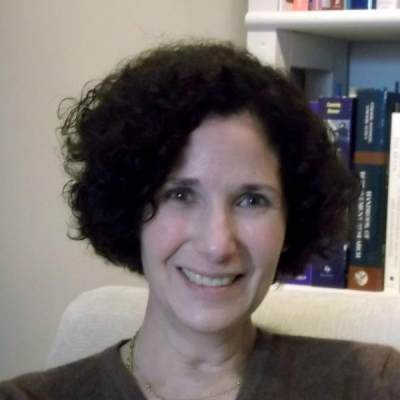Control - what might that be about?
Being in control, being controlling, taking control, being out of control… Control seems to be another of those words that takes on a meaning which can resonate much more deeply than at first impression. I wonder if control or wanting to be in control, can perhaps feel a lonely place, and if that isn’t of some importance. I wonder too if needing to be in control also needs to walk hand in hand with something or someone else. For control, or the need or want to control, to exist then doesn’t that mean there is something that the control focusses on? An impulse, a need, a person, a task, an emotion, a risk, an outcome… What is the value in controlling something? Where does needing or wanting to be in control come from and what might become necessary to appease it? What might being, or feeling, out of control actually mean? What might being in control, or able to control, imply; what does it gratify? Who decides where the line between these states actually is? And what might the space between them be like?
It feels as though control is relational. That to be in control is to be in control of something. It could be that we try, sometimes desperately, to control something or someone that we feel is threatening or uncomfortable or risky. Sometimes this is as seemingly simple as managing budgets - perhaps owing money is uncomfortable enough to want to avoid it. Perhaps spending money is enjoyable and we find it tricky to balance controlling our gratification - because we want it - in the purchasing of something longed for with controlling our spending and delaying our gratification - because we can’t afford it, and can’t have it. The relationship between the pleasure of gratification and the need to delay that gratification hinges on control. What might our history of being told “No!” have been like? It might be a potent influence on how we tell ourselves “No” in the here and now.
Perhaps our past relationships have been challenging, perhaps we felt powerless in them. Perhaps we’ve lived with circumstances out of our control that were damaging and in which we felt we had precious little choice. Perhaps leaving choice in the hands of another feels a dangerous place to be?
I wonder if there’s something in the avoidance of discomfort or a reluctance to experience unhappiness? We are fed, it seems constantly, with a stream of images that are somehow gilded and glossed. Celebrity, for example in whose world it appears all is cushioned and colourful, all is happy, and for sure, the lives of some are made easier by money and fame. In contrast, we are also faced with images of dire circumstances and destruction both of lives and hope, and the potentially dystopian future based on increasing scarcity of the resources we’ve been accustomed to experiencing as certain and reliable.
I wonder if in our wanting to control, there is something in the wanting to live in the land of the happy, to control our exposure to what might be chaotic and unhappy. What happens to the space in between these two states, these two emotional territories? How do we occupy the middle ground where life, as is said, is life and is a combination of small happinesses, and mundane inconveniences? If we are guided by events and relationships in our personal histories and/or current existential influences to anticipate assault or potential threat, then it might well be really hard to manage day by day without wanting to exert control over something, even an unknown something. It might be an understandable way to defend or protect ourselves or that which is precious to us. Controlling might also not be a helpful way to defend, and could well be an unconscious participant in other emotional back beats like heightened anxiety.
If it feels as though being in control has become a less than helpful pattern, if it seems as though it’s driving the creation of ways - ritual activities - to cope with uncertainty, if it becomes something of a defensive tool when robustness and resilience don’t feel enough, then perhaps it might be supportive to explore this therapeutically. Being in control or out of it needn’t be the only way of being. Understanding how this works and the choices around it could be freeing and empowering. Understanding how this works could mean freedom from being controlled by the need to control.

Find a therapist dealing with Relationship problems
All therapists are verified professionals






